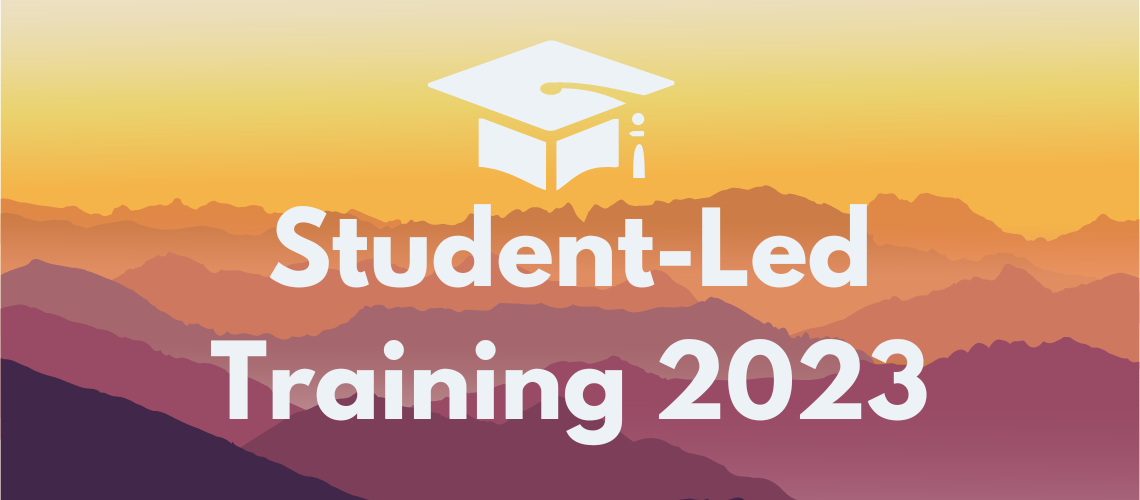Led by Scot Hunter and Kate O’Hara, PhD students at the University of Stirling
In-person attendance is encouraged
Stata is a popular statistical analysis software used in the quantitative social sciences that includes a range of powerful tools for visualising patterns in data. Mastering these tools can be difficult, especially with self-directed learning.
The aim of this training is to help participants build on their visualisation skills to support the whole research process, whilst engaging critically with the purpose of visualisation, and using efficient, logical workflow.
Participants will be taught how to create a range useful visualisations that cover multiple analysis types, e.g., uni-, bi- and multivariate statistics, and a range of purposes, e.g., exploration, sensitivity analysis, and presentation of results. Critical engagement with the varying roles of visualisation, and the workflow which underpins it, will be embedded throughout.
The training event will follow a hybrid model featuring two parts:
- Asynchronous video/web content provided in advance
- Synchronous one-day practical workshop (11th August) accessible in person at University of Stirling and online via Teams.
The training is suitable for those using Stata (or planning to) for quantitative research in any social science discipline or adjacent fields of study. Elementary-level understanding of Stata or experience of R, SPSS or similar is required; the course is also suitable for advanced users. Online attendees will require access to their own licensed copy of the Stata software. In-person attendees can make use of university machines and software. The training is designed to allow participants to use their own data, and/or to work with our own demonstration dataset.
Lunch and refreshments will be available for those attending in person.
Unless you have already been in touch with the organisers, bringing your own laptop with Stata installed is essential. If you can normally access Stata remotely through your own university’s app-streaming service (e.g. AppsAnywhere), then that is also a good solution. Fast and reliable internet access will be available through Eduroam or with a guest WiFi account.


